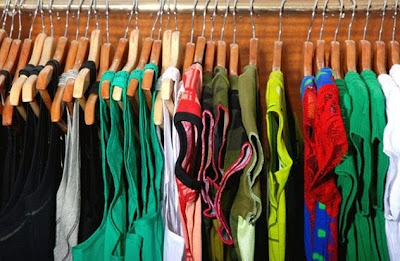About Monopoly Scandal
The United States’ largest purchaser of beef, McDonald’s, is synonymous with the hamburger. Of course, the company’s vast holdings are less a result of its delicious food than its marketing genius. One such scheme was their Monopoly game. Game pieces affixed to food and drink would either win customers items like free food, or could be collected to win grand prizes like cars and cash. The contest was run by a third-party company called Simon Marketing, whose security chief, Jerome P. Jacobson, skimmed the game pieces for all the best prizes for years. The pieces were redeemed by a large group of associates who would split the proceeds among themselves. Twenty-one employees of Simon Marketing were indicted in 2001 for their role in the scam, which netted them some US$24 million.
Perhaps the only good thing to come out of the Monopoly scandal was in 1995, when Jacobson sent a game piece worth US$1 million to St. Jude’s Children’s Hospital. Likely realizing that whoever redeemed this prize would be subject to intense scrutiny, he passed it along. Although transferring game pieces was against the rules of the contest, McDonald’s agreed to pay out the prize to the hospital, which treats children with cancer. When it was revealed years later that this was part of Simon Marketing’s scheme, McDonald’s told St. Jude’s that they had no intention of asking for their money back.
While auditing procedures are likely far more strict these days, your chances of winning much more than a free burger playing the McDonald’s Monopoly game are more dismal than you can imagine. According to the company’s website, your odds of winning the US$1 million grand prize are approximately one in 3,050,412,898.




Comments
Post a Comment